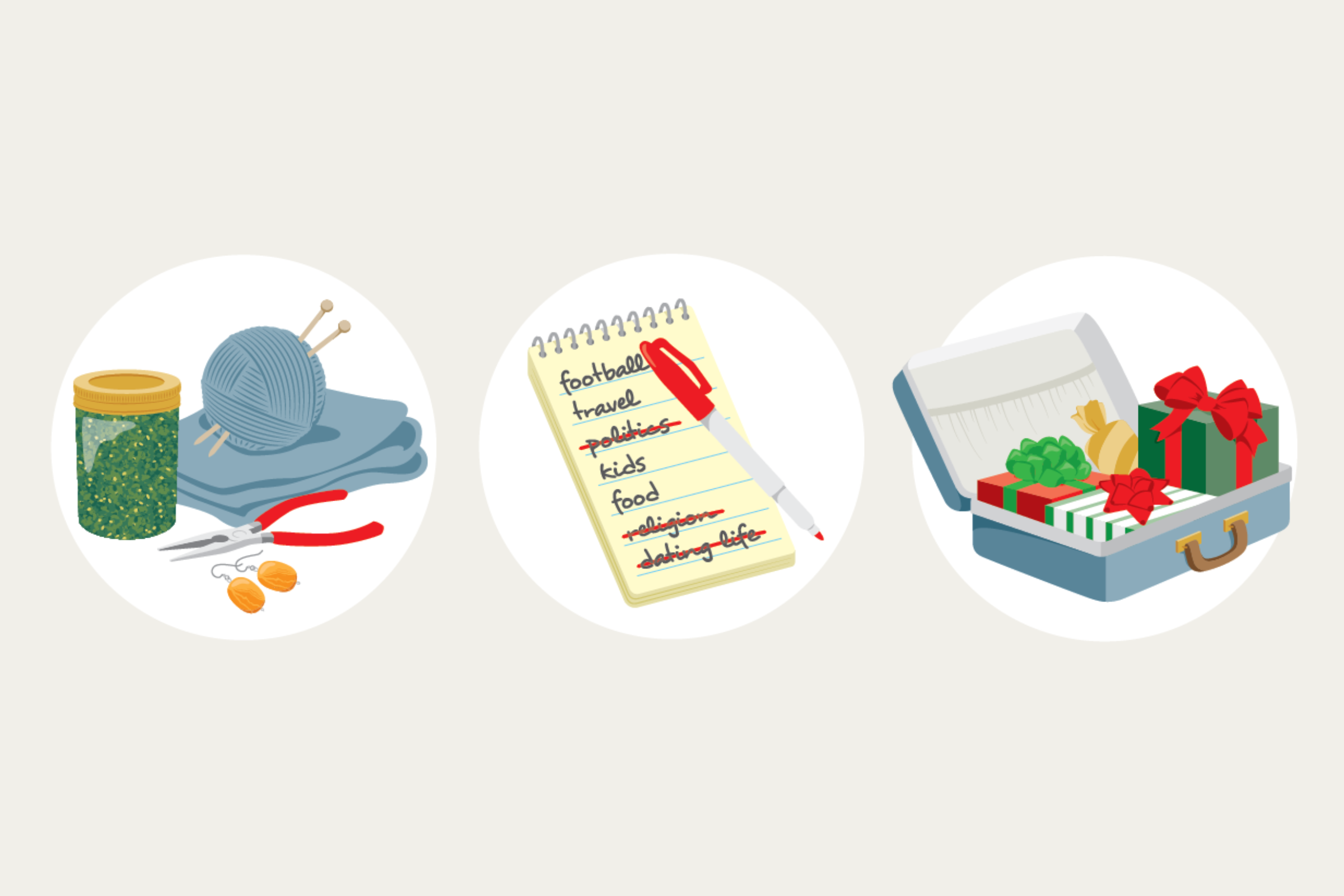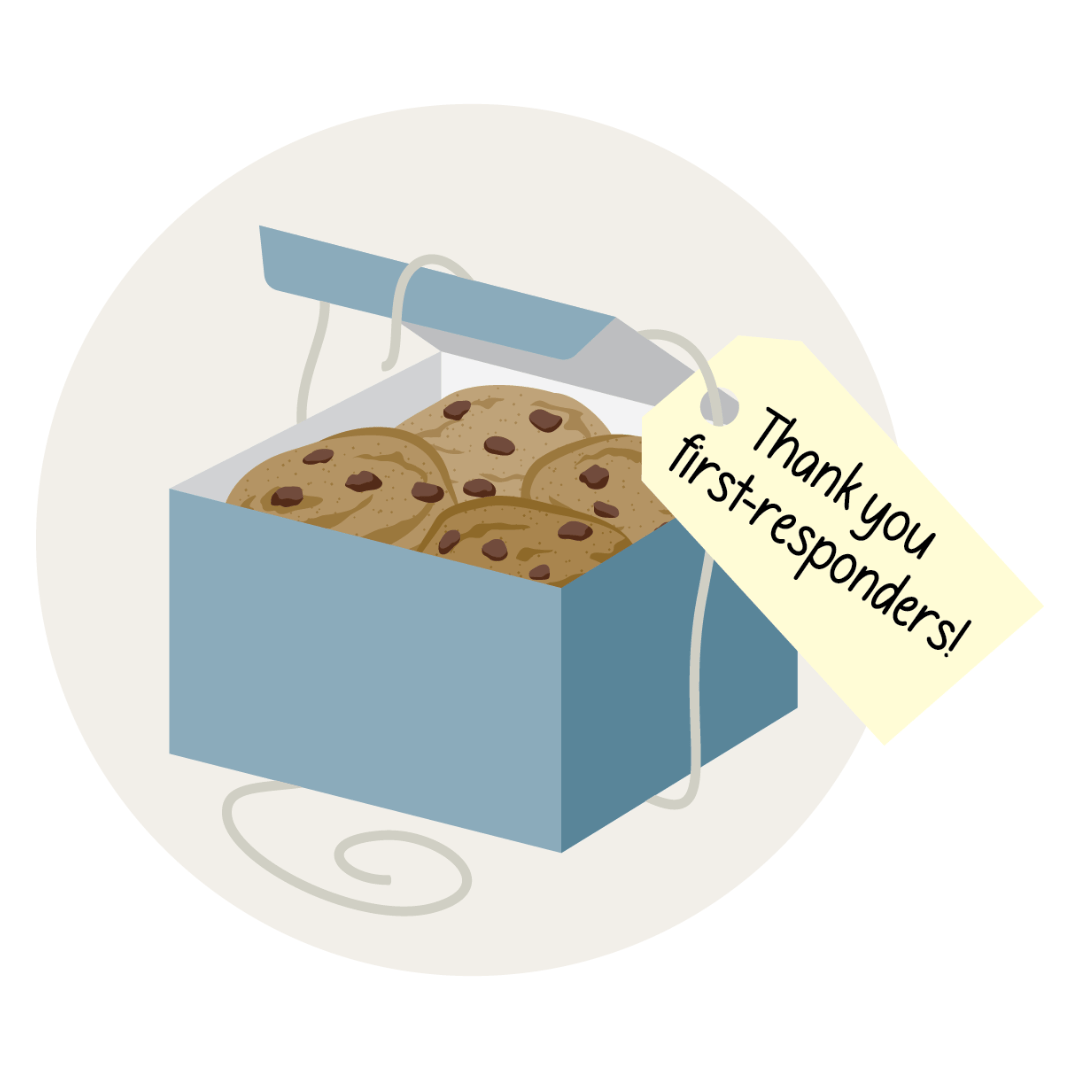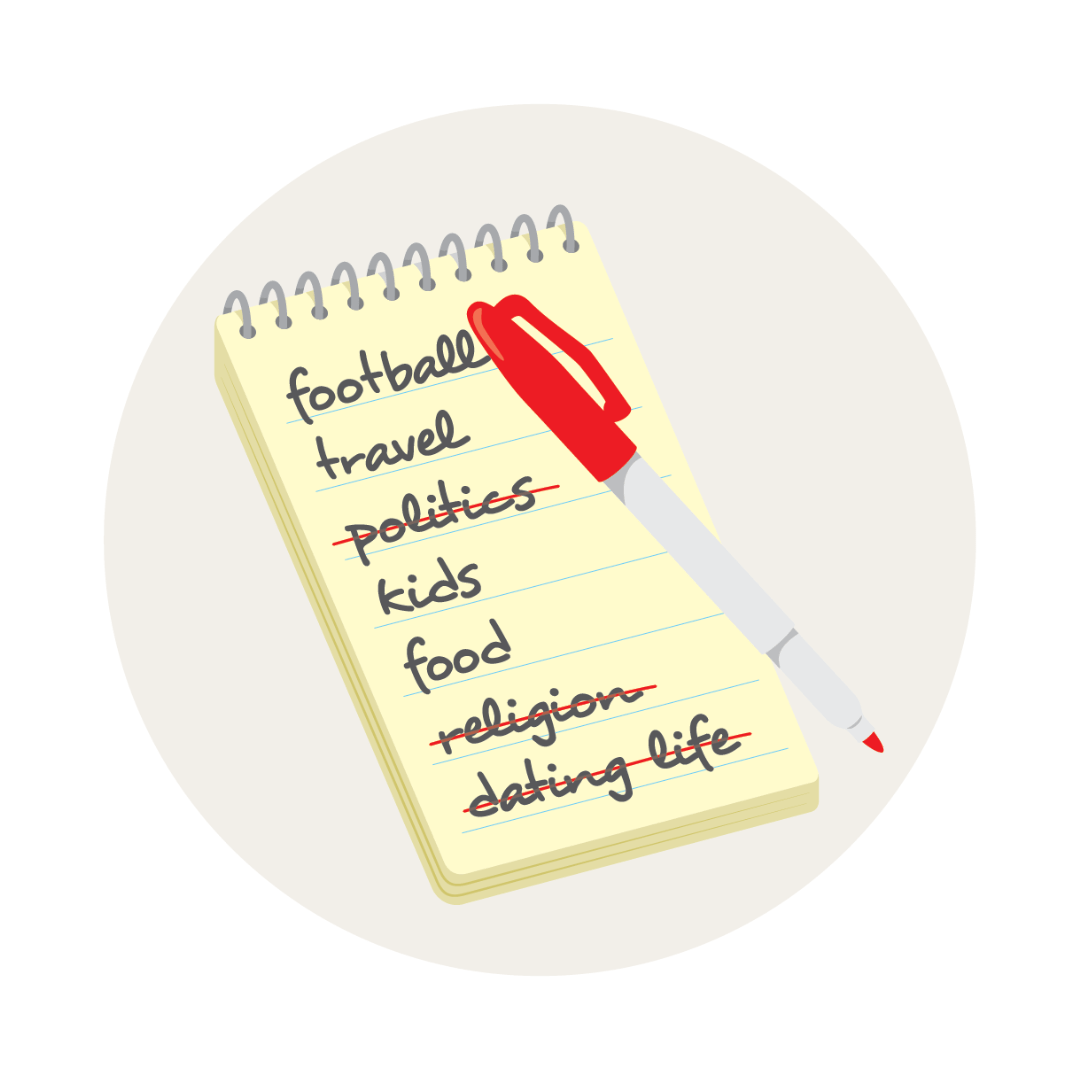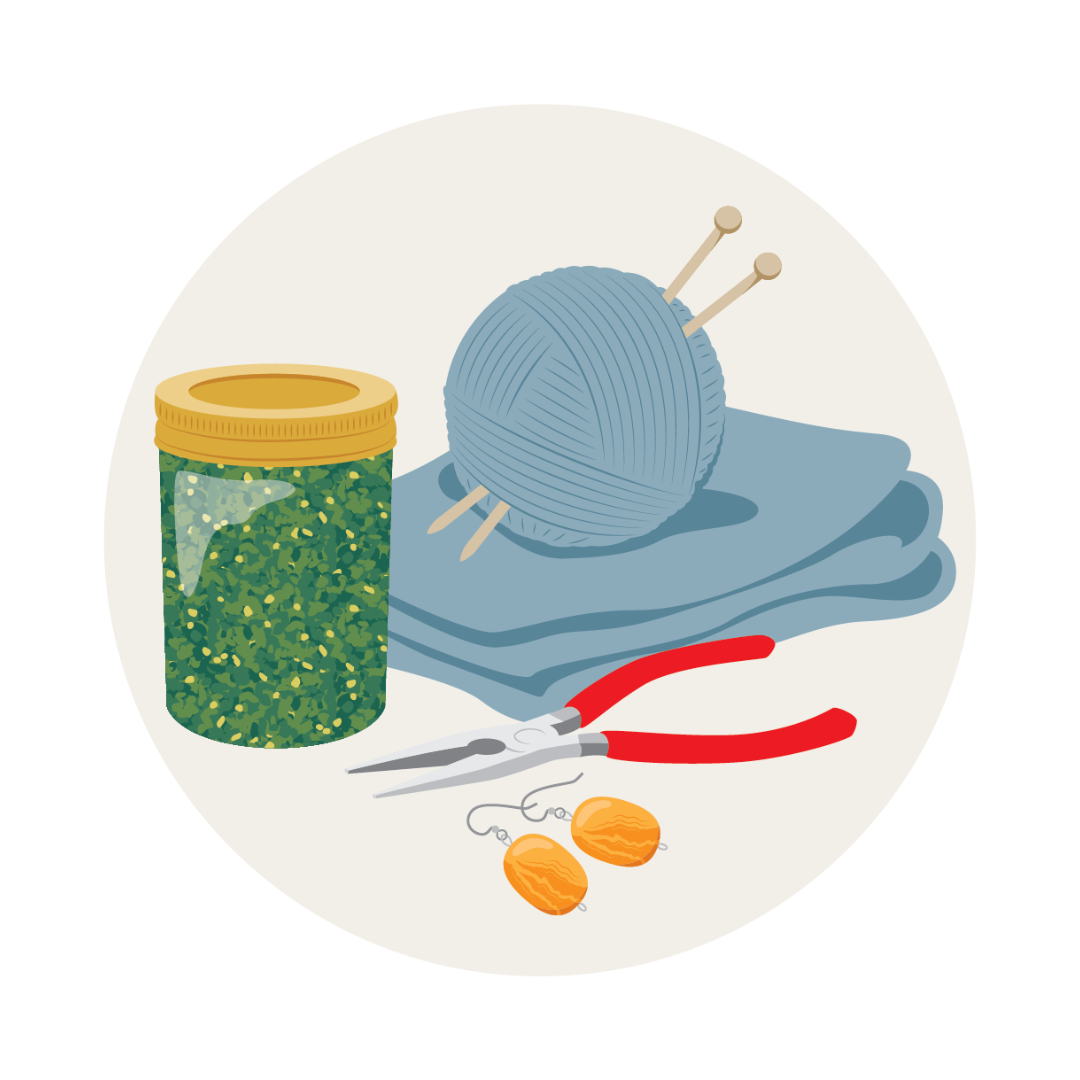I F
T H A N K S G I V I N G
WAS A SONG
. . .It might sound a little like this one
from Ben Rector
with the strong realization
that we’ll all be singing
quite a different song
this Thursday
but
WE WILL BE SINGING
nonetheless
h e n c e
THANKSGIVING
differences and all. . .
N O W
THIS YEAR:

Hmmmmmmmmmmmmmmmm. . .
Lots to be thankful for in a thankless world, isn’t there?
Maybe if Thanksgiving was a song, it might sound a little like this one from
J J Heller. . .
M O R E
know there’s always
m o r e
and be the reason someone else knows it, too
HAPPY
THANKSGIVING



:max_bytes(150000):strip_icc()/__opt__aboutcom__coeus__resources__content_migration__simply_recipes__uploads__2015__12__Fruitcake-LEAD-2-a01c04e1ad954e7c8505beb2778fdd98.jpg)
:max_bytes(150000):strip_icc()/__opt__aboutcom__coeus__resources__content_migration__simply_recipes__uploads__2015__12__05165027__holiday-fruitcake-method-7-b7d1628ce80f462caa11c9762d392145.jpg)




 Illustration by Brown Bird Design for TIME
Illustration by Brown Bird Design for TIME
 Illustration by Brown Bird Design for TIME
Illustration by Brown Bird Design for TIME Illustration by Brown Bird Design for TIME
Illustration by Brown Bird Design for TIME Illustration by Brown Bird Design for TIME
Illustration by Brown Bird Design for TIME














